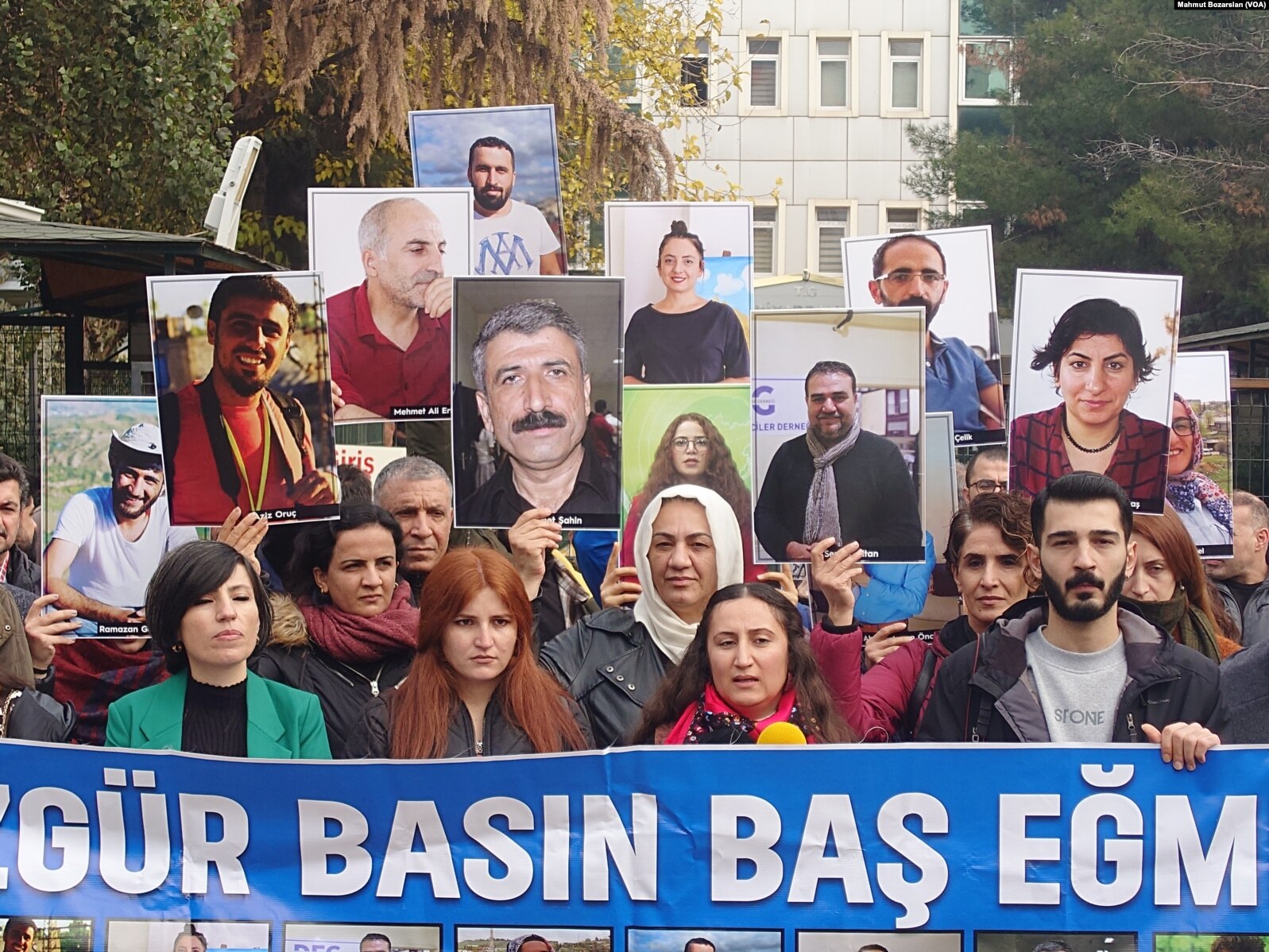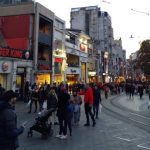Thirty journalists working in the pro-Kurdish media were detained and 25 of them have been put in prison in Turkey in just half a year, Reporters Without Borders (RSF) said in a statement on Friday.
On the sixth-month anniversary of the first arrests, RSF called on Turkish authorities to immediately make the indictments public and to take urgent measures to safeguard the rights of journalists as well as freedom of the press.
“Six years after the Coup attempt, after which Turkey became the biggest prison for journalists in the world, the country dramatically returns to its bad habits of massively imprisoning media representatives, as a result of increased political interference to judiciary under authoritarian polity toward Kurdish question and Kurdish media environment,” Erol Önderoğlu, the Turkey representative for RSF, was quoted as saying in the statement. “Imprisoning journalists to serve days and months sentences without even being charged or convicted is unacceptable.”
Six months have passed since the arrest of 16 Kurdish journalists in the southeastern Turkish province of Diyarbakir, on June 16. Despite the fact that their indictments still haven’t been drafted, nine more Kurdish journalists were arrested on October 29 on the same charges and put in pretrial detention.
The journalists are accused of membership in a terrorist organization.
The 16 Kurdish journalists who were put in pretrial detention in Diyarbakir in June are planning to file an application at the European Court of Human Rights (ECtHR) due to the failure of prosecutors to draft an indictment for the six months they’ve been behind bars, Voice of America Turkish edition earlier reported.
Several press organizations in Turkey’s Southeast such as the Dicle Fırat Journalists Association and the Mezopotamya Women Journalists Platform staged a protest in front of the Diyarbakır Courthouse on Friday to mark the six months the journalists have been incarcerated.
Rights groups routinely accuse the Turkish government of trying to keep the press under control by imprisoning journalists, eliminating media outlets, overseeing the purchase of media brands by pro-government conglomerates and using regulatory authorities to exert financial pressure, especially after President Recep Tayyip Erdoğan survived a failed coup in July 2016.
Turkey, which is among the top jailers of journalists in the world, was ranked 149th among 180 countries in the Reporters Without Borders (RSF) 2022 World Press Freedom Index, released in early May.
Source:Stockholm Center for Freedom (SCF)



